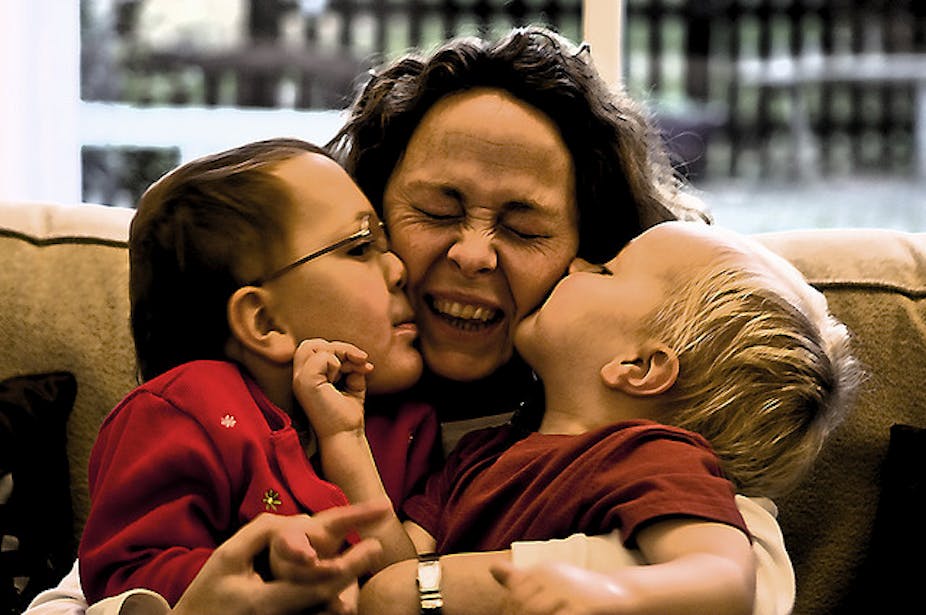The Federal Government’s main medical research funding body, the National Health and Medical Research Council (NHMRC), last week announced its 2011 program and development grants, and postgraduate scholarship recipients.
This funding will support Australian researchers, from students beginning their research careers through to established scientists heading research groups, whose work aims to ameliorate a wide range of health conditions and improve the future health of Australians.
The NHMRC’s budget for 2011-12 is $746 million – a considerable investment. And our health and medical researchers have an enormous responsibility to the Australian community to provide value for money. This, of course, raises an important question: what does value for money mean in the context of health and medical research?
The value of medical research extends well beyond pure economics, although economics are, of course, a significant consideration. There are several other areas in which health and medical research is integral to a vibrant, educated and compassionate community.
First, scientific research provides cultural richness to our society by building the trait of curiosity and the thrill of discovery into our way of thinking. In a nation operating on bare economic arguments, spending on research – and also music, the visual arts and sport – would be begrudged and, eventually, eroded. Imagine what a culturally poor society this would be. I want to live in a nation where children who excel in areas that might not generate huge economic returns don’t have to permanently leave our shores to pursue their passions.
Second, many improvements in the community’s health have arisen from Australian research discoveries. The cervical cancer vaccine, the bionic ear and blood cell hormones used in cancer treatment are three well-known examples of Australian health and medical research discoveries that have benefitted Australians and gone on to help people around the world.
Although the economic impact of improvements in community health are measurable, we should also be mindful of the productivity gains that are generated by a society where good health is expected and experienced.

Third, research gives the Australian community early access to new diagnostics and treatments. The majority of health and medical research discoveries are made overseas. Being an active contributor to the international research effort means that overseas companies, when developing new medicines, still consider Australia when they are choosing where to run clinical trials. This gives Australian patients priority access to the latest medicines and health technologies.
Fourth, the currency of hope should not be devalued. There are many diseases we cannot currently cure or even ameliorate. But what medical researchers can provide is hope: to patients, and their families, that they, or their children, grandchildren, friends and colleagues will not have to live through what they have endured. The strength and grace of these patients and their families is an inspiration to Australian researchers and the wider community. Without hope, our society loses direction.
And finally, the economics. A Deloitte Access Economics report, released in October and commissioned by the Australian Society for Medical Research, found NHMRC expenditure in the decade to 2010 returned considerable financial benefits to the community.
In the NHMRC’s two highest-funded disease areas – cardiovascular disease and cancer – investment in research was justified by the projected financial returns. For cancer, every dollar invested yielded $1.70 in benefit to the community; for cardiovascular disease, the returns were even more impressive, valued at $5.02 per dollar of NHMRC investment.
The economic benefits of supporting medical research come from reducing the community’s health-care costs, increasing individuals’ productivity and wellbeing, and providing financial returns through commercialisation. While important and certainly sufficient to justify government investment, health and medical research delivers much more than simple economic returns.
We can’t afford to not make this investment.

